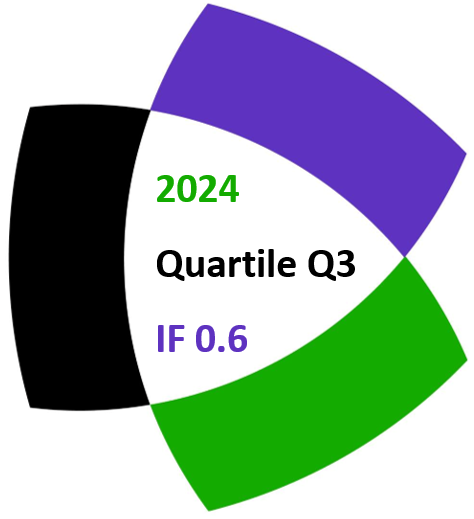Yasutsugu Fujita and Noriaki Kimura
Notes on Number Theory and Discrete Mathematics, ISSN 1310–5132
Volume 16, 2010, Number 2, Pages 16–23
Full paper (PDF, 196 Kb)
Details
Authors and affiliations
Yasutsugu Fujita ![]()
Department of Mathematics, College of Industrial Technology
Nihon University, 2-11-1 Shin-ei, Narashino, Chiba, Japan
Noriaki Kimura ![]()
Department of Mathematics, College of Industrial Technology
Nihon University, 2-11-1 Shin-ei, Narashino, Chiba, Japan
Abstract
Let f(X1, …, Xm) be a quadratic form in m variables X1, …, Xm with integer coefficients. Then it is well-known that the Diophantine equation f(X1, …, Xm) = 0 has a nontrivial solution in integers if and only if the equation has a nontrivial solution in real numbers and the congruence f(X1, …, Xm) ≡ 0 (mod N) has a nontrivial solution for every integer N > 1. Such a principle is called the Hasse principle. In this paper, we explicitly give several types of families of the Diophantine equations of degree two, not homogeneous, for which the Hasse principle fails.
Keywords
- Hasse principle
- Diophantine equations
- Congruences
AMS Classification
- 11D09
- 11A07
References
- Z. I. Borevich and I. R. Shafarevich, Number theory, Academic Press, New York and London, 1966.
- A. Grelak and A. Grytczuk, Some remarks on matrices and Diophantine equation Ax2 − By2 = C, Discuss. Math. 10 (1990), 13-27.
- A. Grelak and A. Grytczuk, On the Diophantine equation ax2 − by2 = c, Publ. Math. Debrecen 44 (1994), 1-9.
- N. Kimura and K. S. Williams, Infinitely many insolvable Diophantine equations, Amer. Math. Monthly (2004), 909-913.
- R. A. Mollin, Quadratics, CRC Press, 1996.
- R. A. Mollin, Infinitely many quadratic Diophantine equations solvable everywhere locally, but not solvable globally, JP J. Algebra Number Theory Appl. 4 (2004), 353-362.
- W. Sierpinski, Elementary theory of numbers, Monografic Matematyczne, Tom 42, Panstwowe Wydawnictwo Naukowe, Warsaw, 1964.
- H. Yokoi, On real quadratic fields containing units with norm −1, Nagoya Math. J. 33 (1968), 139-152.
Related papers
Cite this paper
Fujita, Y., & Kimura, N. (2010). Infinitely many insolvable Diophantine equations. II. Notes on Number Theory and Discrete Mathematics, 16(2), 16-23.


